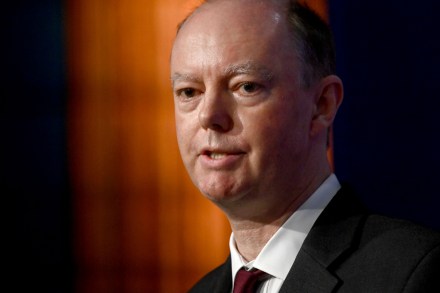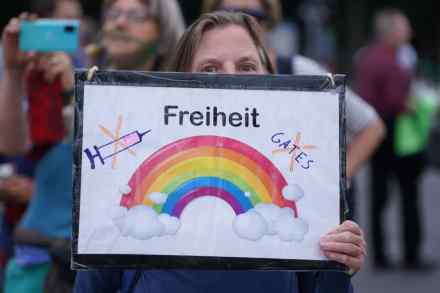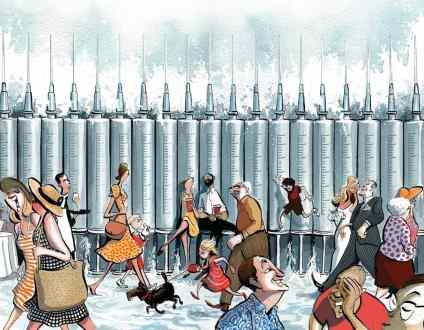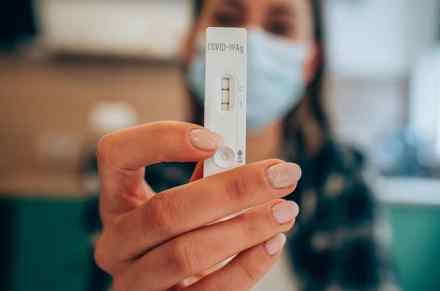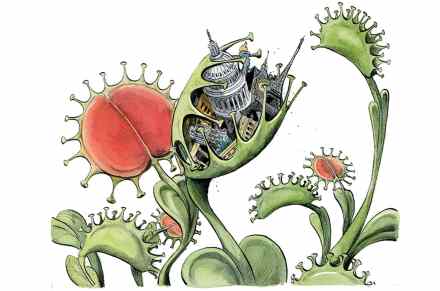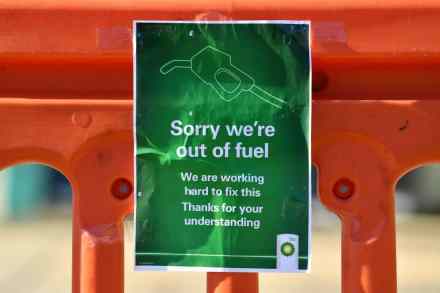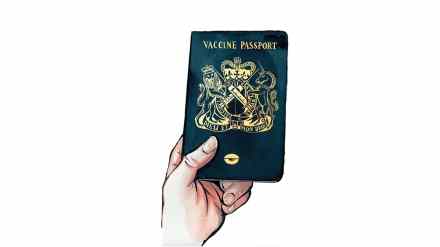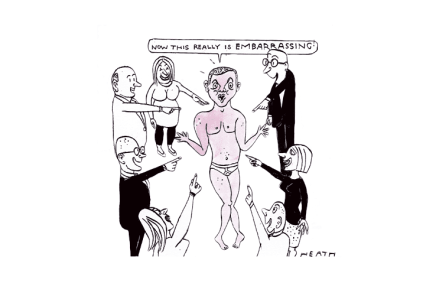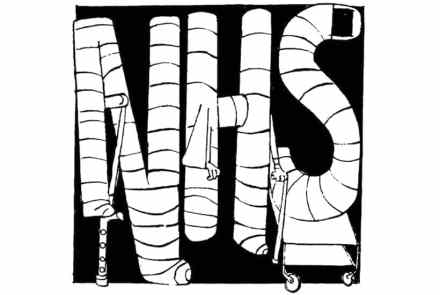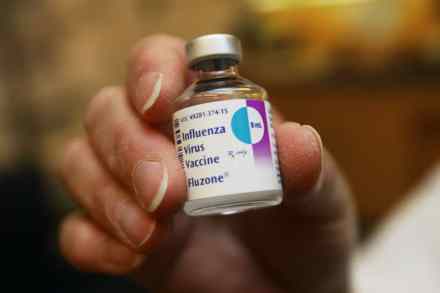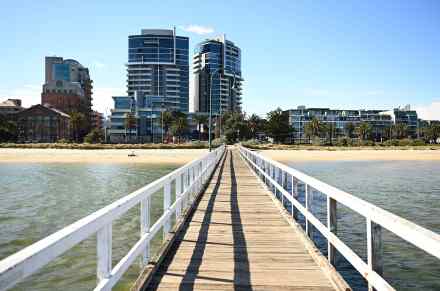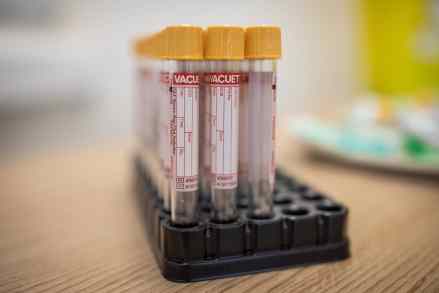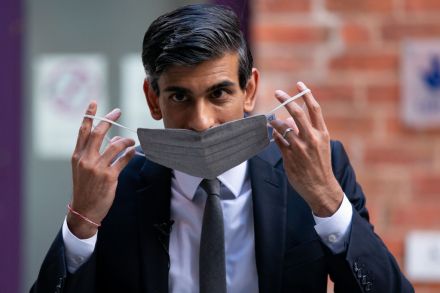Chris Whitty on the Omicron variant
This is an edited transcript of Professor Chris Whitty’s remarks at today’s Downing Street press conference The existing situation is almost entirely Delta. In terms of numbers of cases, it is broadly flat. In younger children, there is quite significant transmission at this point in time, and rates are increasing in many parts of the country. At the other end of the spectrum, as a result of the booster programme almost certainly, rates are beginning to drift downwards in people over 60 and particularly people above 70. So we’re seeing an improvement in the group who are most vulnerable. The numbers going to hospital are gradually decreasing. This is not a
